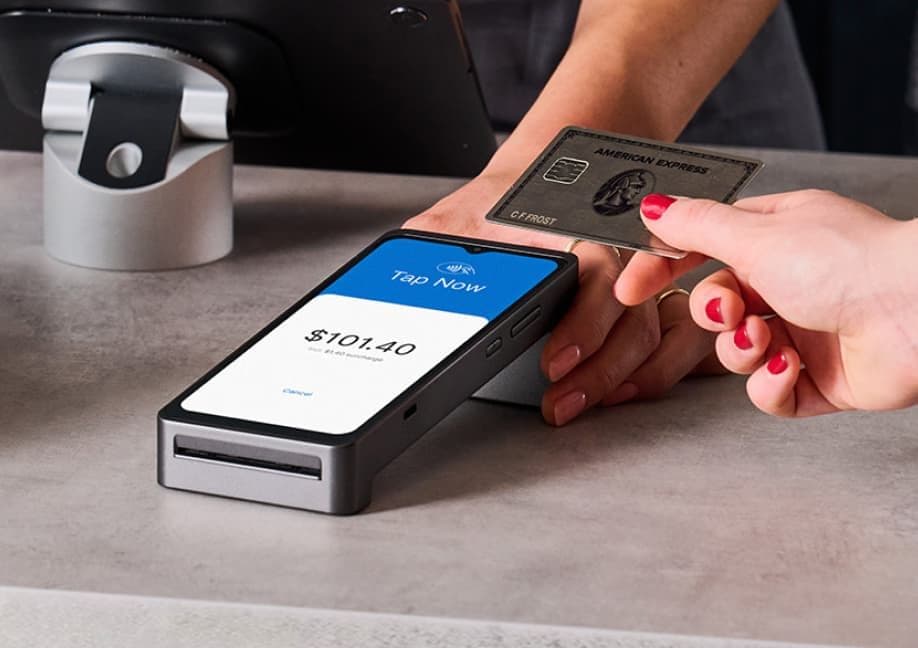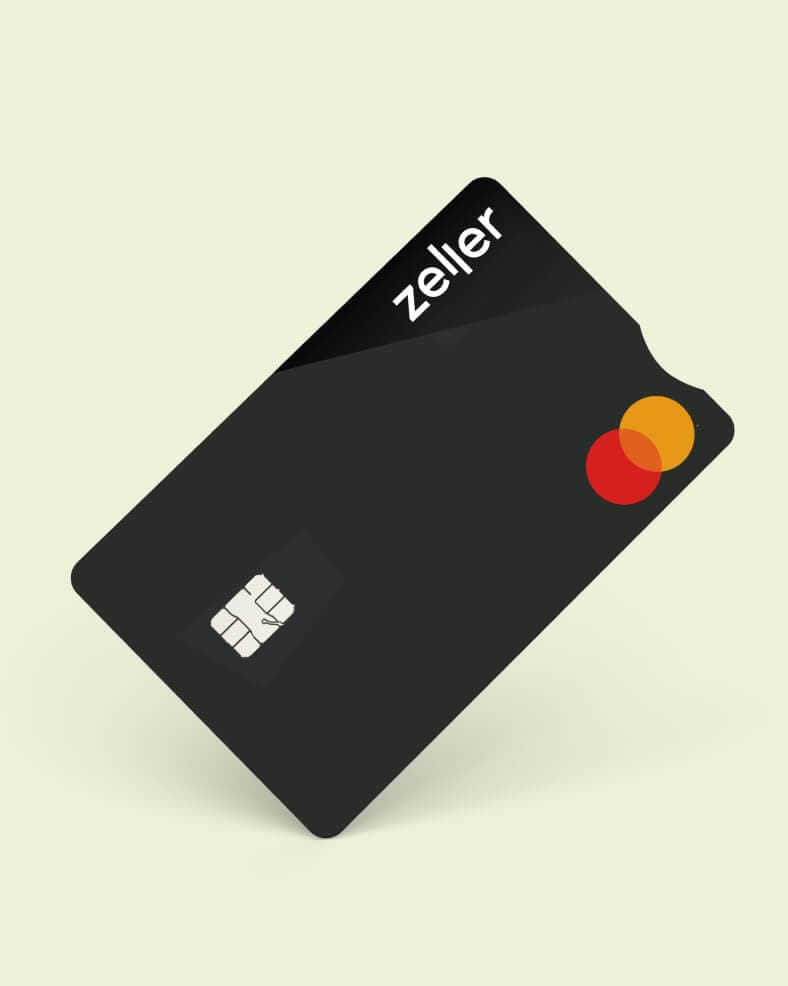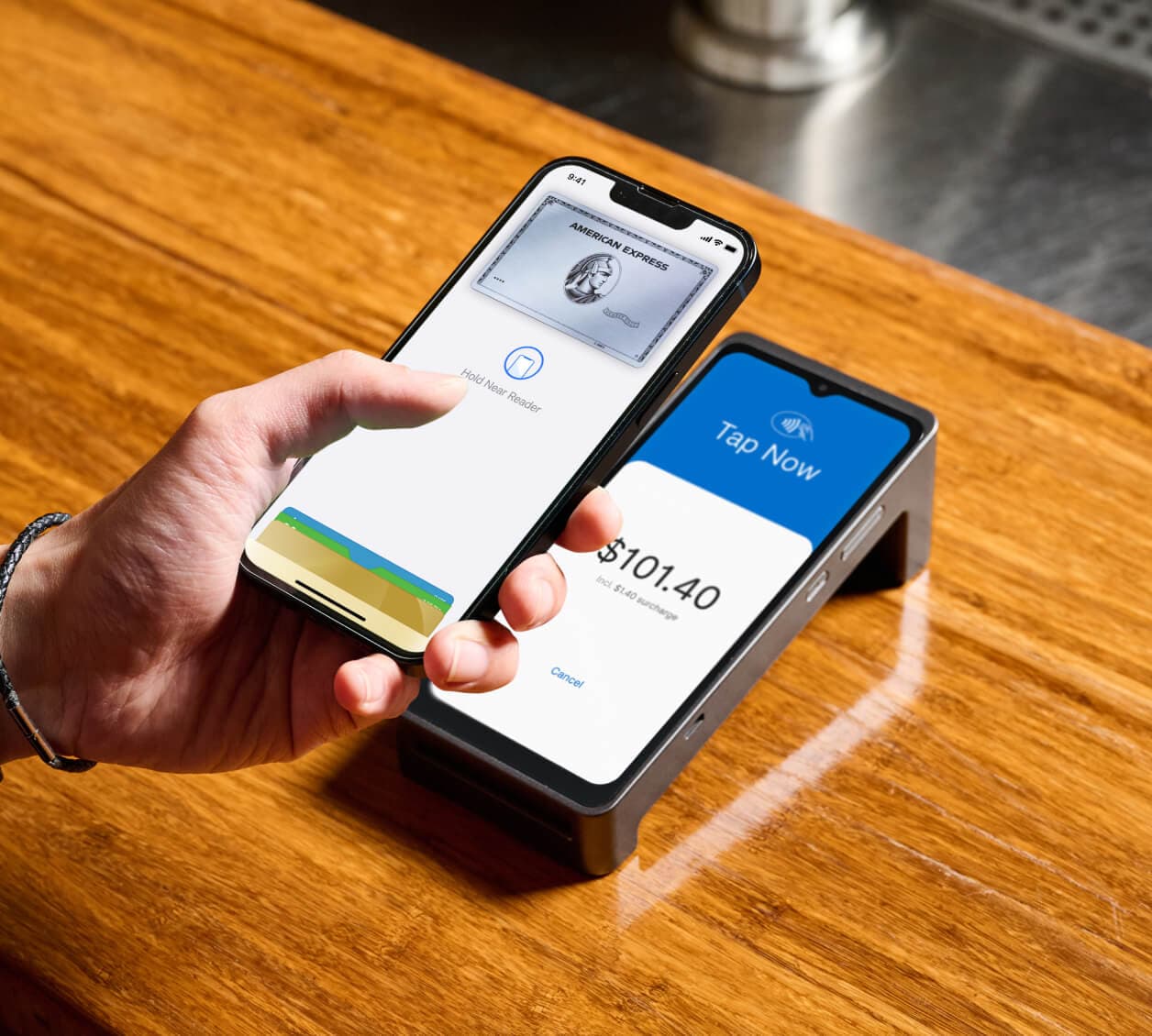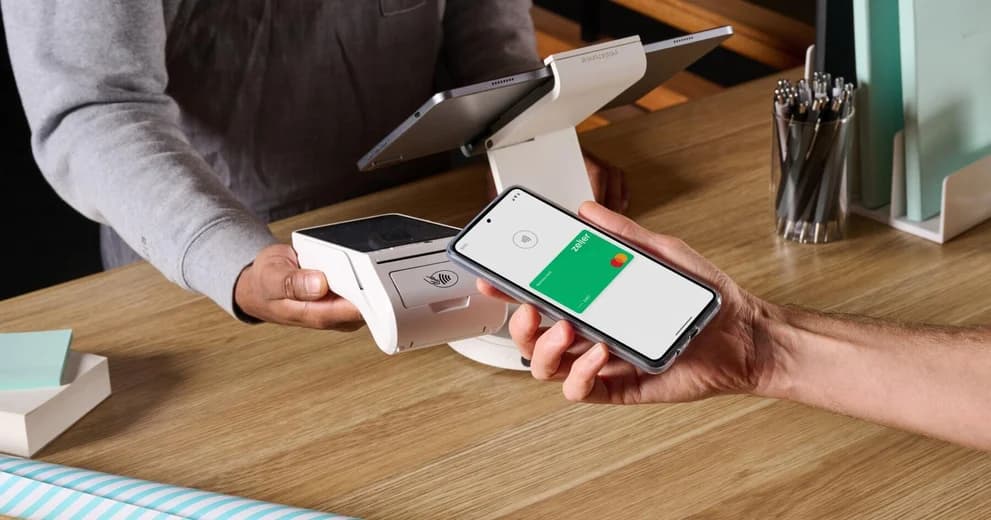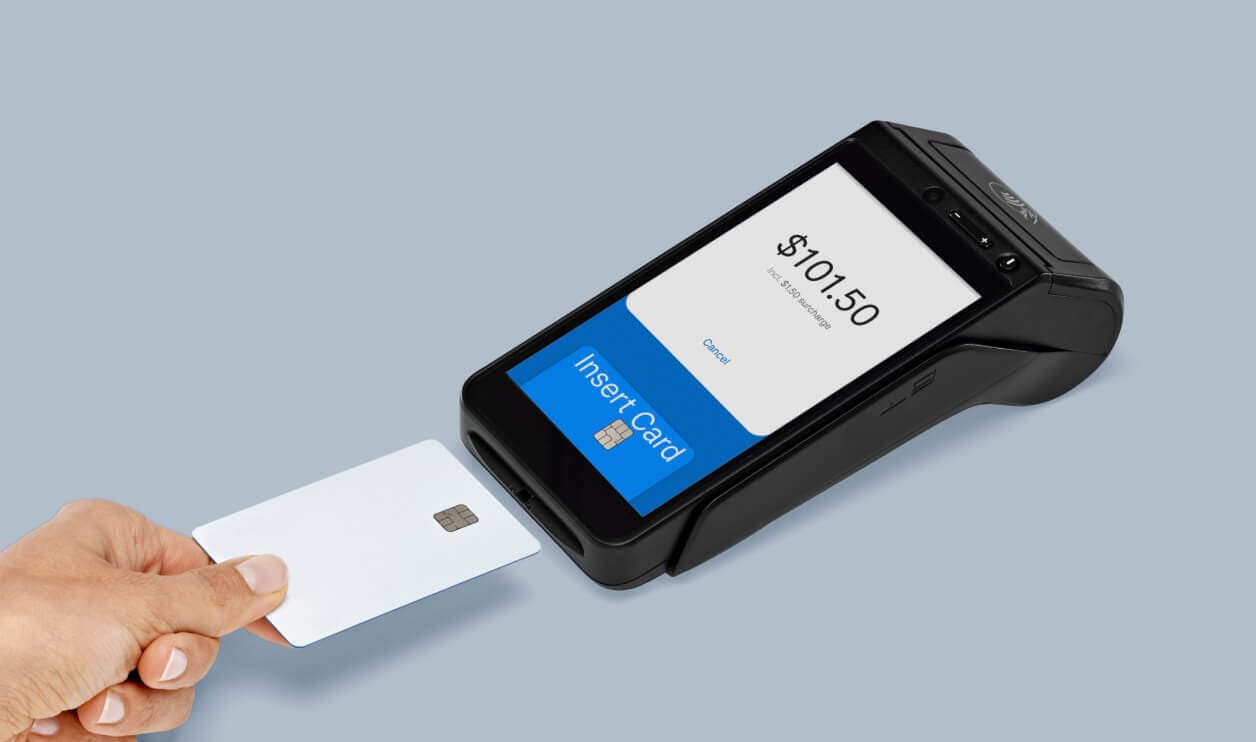
- EFTPOS & Point of Sale Solutions
Debit Cards vs. Eftpos Cards – What’s The Difference?
In Australia there’s often confusion between debit cards vs. eftpos cards. While the word EFTPOS can be used in multiple ways, in this instance we’re referring to the Australian debit card network, eftpos.
While there are plenty of similarities between an eftpos card and a debit card, there are also a handful of important differences to be aware of when selecting a spending solution for your business. Read on to earn the difference between debit cards vs. eftpos cards.
What is EFTPOS?
The word EFTPOS stands for ‘Electronic Funds Transfer at Point Of Sale’, which is an in-person payment technology used to accept payments from customers for goods or services. You will frequently use an EFTPOS terminal when you’re shopping with your card or a mobile wallet.
However when people talk about eftpos (with a lowercase ‘e’), they’re also referring to the privately run Australian debit card network.
If you’re interested in learning more about how EFTPOS transactions work, you can discover the process behind every transaction, and how Zeller delivers seamless payments for your business at the article linked above.
What are debit cards?
Many business owners are familiar with the concept of debit cards. Debit cards are payment cards linked to your bank or business transaction account. Unlike a credit card, which withdraws funds with a pre-approved spending limit, a debit card withdraws money that is held in your account, reducing your balance instantly.
.jpg&w=1920&q=75)
Debit cards vs. eftpos cards.
Now you’ve got the background on debit cards vs. eftpos cards, let’s look at it in more detail.
Australia’s eftpos system functions like a debit card system. Eftpos cards are linked to your business bank or transaction account, and when you spend funds using an eftpos card you are paying for those goods and services with funds held in your account. Therefore when it comes to debit cards vs eftpos cards — they’re more or less performing the same action.
Some debit cards may have an approved overdraft limit, enabling the cardholder to spend beyond the balance of their business bank or transaction account limit. But in most instances when you’re spending on an eftpos card or debit card, your limit is defined by the balance held in your account.
It’s important to keep in mind that eftpos cards can only be accepted within Australia, by merchants who have an EFTPOS machine set up to accept payments. You cannot use your eftpos card to spend outside of Australia.
Differences between debit cards vs. eftpos cards.
The below table summarises some important differences between eftpos cards and debit cards.
EFTPOS cards
Debit cards
Card Issuer
EFTPOS
Debit cards may be issued by eftpos, as well as the major credit card schemes including Visa and Mastercard.
Payment methods
EFTPOS cards can be used in card terminals, and in certain circumstances for online payments.
Debit cards can be used in card terminals, as well as online or to process over the phone (MOTO) payments.
Cash out
Cardholders using eftpos cards can usually take cash out when they’re checking out at retail outlets.
In most circumstances it’s not possible to take cash out with debit cards at retail outlets.
Domestic vs international payments
EFTPOS cards cannot be used internationally.
Debit cards can be used to make payments outside of Australia.
Security
Transactions processed with eftpos cards are typically more vulnerable to fraud, as limited chargeback protection is available.
As debit cards are backed by the international card schemes (Visa and Mastercard), fraud and chargeback protection is typically applied to payments.
While the discussion on debit cards vs. eftpos cards can be confusing, for cardholders and merchants it’s important to understand the differences between each when deciding which card to use for your everyday business spending.
Choosing the right debit card solution for your business.
If your business is searching for a convenient and affordable way to transact in-person and online, a Zeller Debit Card may be the perfect solution for you. Zeller Debit Cards are issued free, and give you the choice of transacting with virtual or physical cards. With no monthly fees or hidden charges, Zeller is the smartest and most affordable way to manage your business spending.
